MY WORK ON VENANTIUS FORTUNATUS began an embarrassingly long time ago with a fellowship from the National Endowment for the Humanities in 199192. I am grateful for the endowment's support and for the hospitality of Cambridge University, where I spent the time of my fellowship. In the years that followed I have given many papers related to this project at universities and professional conferences in the United Kingdom and the United States, too many to enumerate. I would, though, like to record collectively my gratitude to the colleagues who attended those presentations and often provided valuable advice and suggestions. Three individuals who read chapters of the book at early stages in its composition deserve special mention: Carole Straw of Mount Holyoke College, David Konstan of Brown University, and Carole Newlands of the University of Wisconsin at Madison. I am very grateful for their help and advice as I was shaping my ideas about Fortunatus. I have benefited greatly from what they had to say, even (perhaps especially) on the occasions when I chose eventually to go my own way.
Some small portions of this book have appeared previously in print, though they appear here in revised form. For permission to reprint sections of my articles The Description of Landscape in the Poetry of Venantius Fortunatus: The Moselle Poems, Traditio 49 (1994): 122 and Venantius Fortunatus's Life of Saint Martin, Traditio 57 (2002): 12987 I wish to thank Fordham University Press. In addition I repeat a few paragraphs and some of the arguments from my articles Letters from a Poet to a Saint: The Correspondence of Venantius Fortunatus with St. Radegund and Agnes, NECJ 25 (1998): 10713 and The Last Epic of Antiquity: Generic Continuity and Innovation in the Vita Sancti Martini of Venantius Fortunatus, TAPA 131 (2001): 25785. Again my thanks to the publishers of those journals.
Special thanks are due to the staff of the Olin Library at Wesleyan University and especially to the Interlibrary Loan Department, whose services I have called on repeatedly over the years. Also to a former student, Mary-Liz Williamson, who took on the task of scanning for me thewhole of Leo's edition with rather primitive technology when an electronic version of the text was not yet commercially available. On a more personal note, as always, my love and gratitude to my wife Linda, who provided unfailing support and affection as I worked on this project, and to my son Christopher, who has progressed from grade to graduate school during the process and now is expanding my reading horizons. The book is dedicated to the memory of my grandmother Marion Prince Shercliff, whose sense of fun and love of books and of performance continue to be a source of inspiration to me.
Abbreviations
JOURNAL ABBREVIATIONS follow the practice of L'Anne philologique. The following abbreviations are used for reference works, text series and collections, and frequently referred-to titles.
Blomgren: Sven Blomgren. Studia Fortunatiana. 2 vols. Upsala, 193334.
Brennan, Career: Brian Brennan. The Career of Venantius Fortunatus. Traditio 41 (1985): 4978.
CCL: Corpus Christianorum. Series Latina
CLE: Carmina Latina Epigraphica. Ed. F. Buecheler and E. Lommatzsch. 3 vols. Anthologia Latina 2.13. Leipzig, 18951926.
CSEL: Corpus Scriptorum Ecclesiasticorum Latinorum
George: Judith W. George. Venantius Fortunatus: A Latin Poet in Merovingian Gaul. Oxford, 1992.
ILCV: Inscriptiones Latinae Christianae Veteres. Ed. E. Diehl. 3 vols. Berlin, 192531.
Koebner: Richard Koebner. Venantius Fortunatus: Seine Persnlichkeit und seine Stellung in der geistigen Kultur des Merowinger-Reiches. Beitrge zur Kulturgeschichte des Mittelalters und der Renaissance 22. Leipzig, 1915.
Leo: Friedrich Leo, ed. Venanti Honori Clementiani Fortunati presbyteri Italici opera poetica. MGH. AA. 4.1. Berlin, 1881.
Meyer: Wilhelm Meyer. Der Gelegenheitsdichter Venantius Fortunatus. Abhandlungen der kniglichen Gesellschaft der Wissenschaften zu Gttingen, phil.-hist. Klasse, N.F. 4.5. Berlin, 1901.
MGH. AA.: Monumenta Germaniae Historica. Auctores Antiquissimi.
MGH. PLAC.: Monumenta Germaniae Historica. Poetae Latini Aevi Carolini.
MGH. SRM.: Monumenta Germaniae Historica. Scriptores Rerum Merovingicarum.
OLD: Oxford Latin Dictionary
PL: Patrologia Latina. Ed. J. P. Migne.
PLRE: Prosopography of the Later Roman Empire. Ed. A. H. M. Jones, J. R. Martindale, and J. Morris. 3 vols. in 4. Cambridge 197192.
Quesnel: Solange Quesnel, ed. Venance Fortunat, Vie de Saint Martin = Venance Fortunat, Oeuvres, vol. 4. Paris, 1996.
Reydellet: Marc Reydellet, ed. Venance Fortunat, Pomes. 3 vols. Paris, 19942004.
RlAC: Reallexikon fr Antike und Christentum
Tardi: D. Tardi. Fortunat: tude sur un dernier reprsentant de la posie latine dans la Gaule mrovingienne. Paris, 1927.
ThLL: Thesaurus Linguae Latinae
I use the following abbreviations for the works of Gregory of Tours.
GC: Liber in Gloria Confessorum
GM: Liber in Gloria Martyrum
Hist:. Historiae
VM: Libri de virtutibus sancti Martini episcopi
VP: Liber vitae patrum
I abbreviate Fortunatus' Vita s. Martini as VSM.
Introduction
EARLY IN HIS CAREER the Dutch-born artist Lawrence Alma-Tadema, then living in Antwerp, produced a series of paintings of Merovingian historical scenes. Among these was his Venantius Fortunatus Reading His Poems to Radegonda

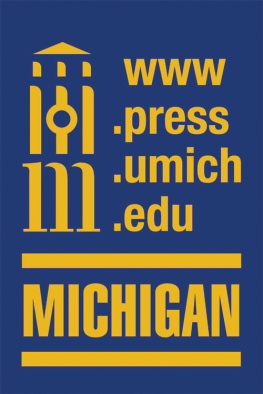
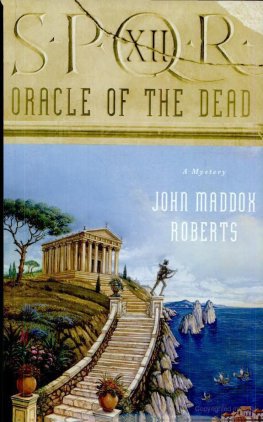
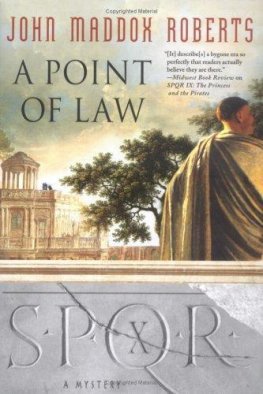
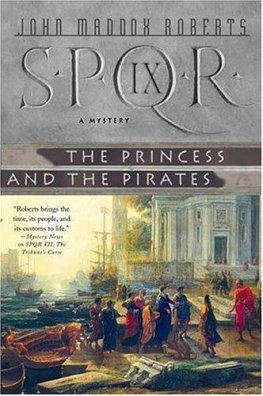
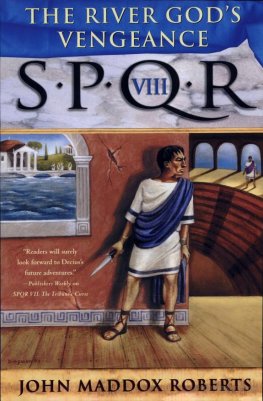
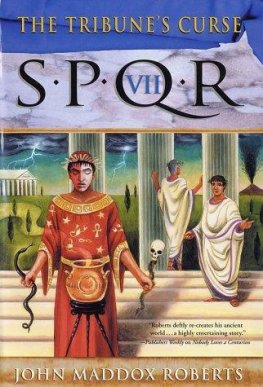

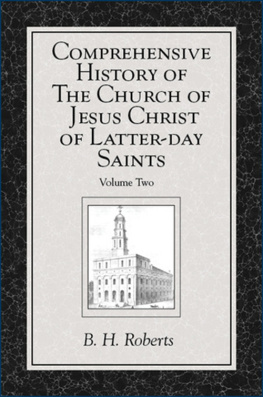
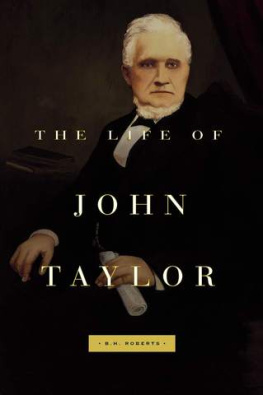

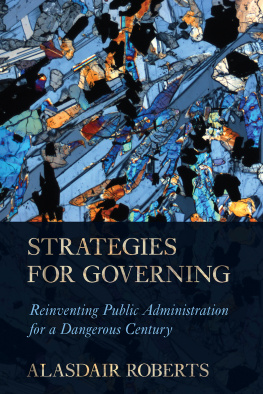
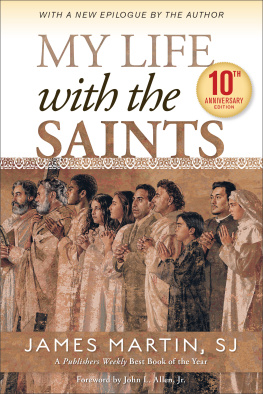
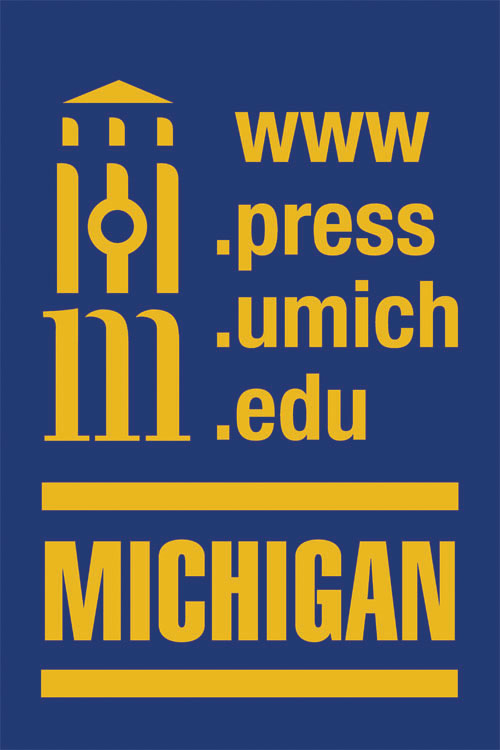
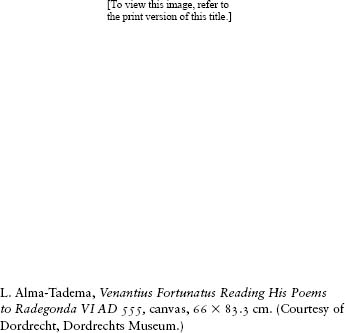
 Printed on acid-free paper
Printed on acid-free paper